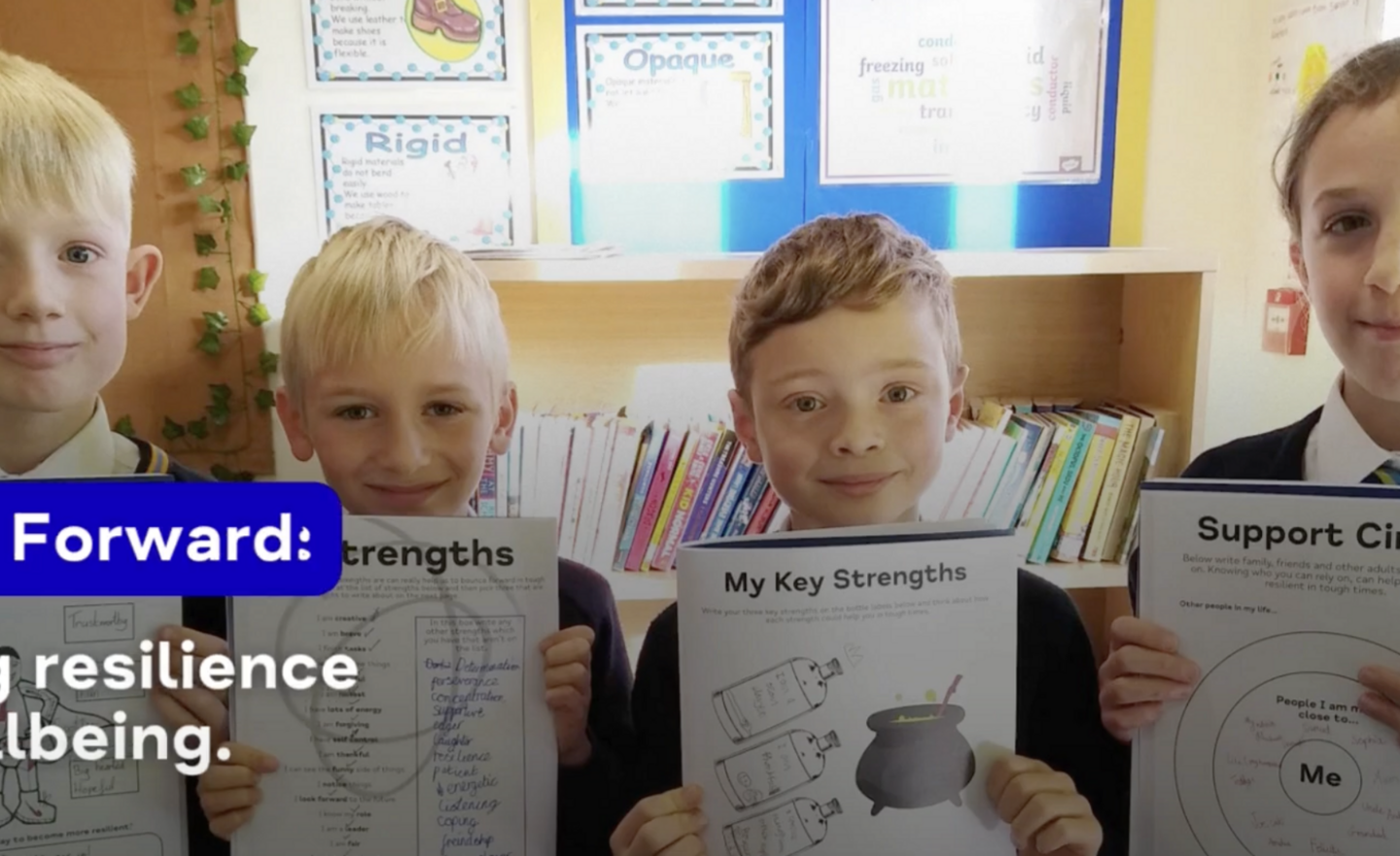Welcome to Year Six
We have three classes in year 6; Ash Class is taught by Mrs. Quigley, Hazel Class is taught by Mrs Tobin and Cedar class is taught by Mrs Lambert and Mrs Elstone.
Life in Year 6
Year 6 is an extremely important year, preparing each child for smooth transition to High School. There are many responsibilities and opportunities to develop independence and maturity including many sports teams, School Council membership, House and Sports Captains, Gold Cap duties and Prefect duties.
PE
PE days are Thursday and Friday. Please come dressed in your PE kit for the day.
YMCA Lakeside
During the Autumn Term, we begin the year with an exciting residential/outdoor activity trip to Lakeside. This is a highlight of Year 6 and something that the children remember for many years after. We have found that this experience develops their independence, team work, year group cohesion and self confidence.
Topics
Children in Year 6 need to work particularly hard in all areas especially English and Maths, as they have assessments in Summer Term. Topics covered in Year 6 include World War 2, The Mayans, Electricity and Digital Wellbeing.
Homework
Homework is an exceptionally important part of Year 6 and is in preparation for the transition to high school. Each week children are expected to read every night, complete spellings homework, carry out subject specific research, become more independent and take some responsibility for their own progress.
 Welcome to Ash Class
Welcome to Ash Class
Ash Class is taught by Mrs. Quigley. Mr McKenzie teaches Music and Senora Cerdera, Spanish.
We are really looking forward to working with our class on many engaging projects. Please see life in Year 6 for further information.
Best Wishes,
Mrs. Quigley
Year 6 Ash
.jpg)
Mrs K. Quigley
Class Teacher
.jpg)
Mrs Lethem
Teaching Assistant
 Welcome to Cedar Class
Welcome to Cedar Class
Cedar Class is taught by Mrs Elstone and Mrs Lambert. In addition, we have Music with Mr. McKenzie and Spanish with Senora Cerdera. We have a busy curriculum with lots of interesting subjects and opportunties for creativity!
Cedar Class regularly posts photographs and updates on our Year 6 Blog so don’t forget to keep checking to find out what we’ve been up to.
Year 6 Cedar
Mrs J. Lambert
Class Teacher
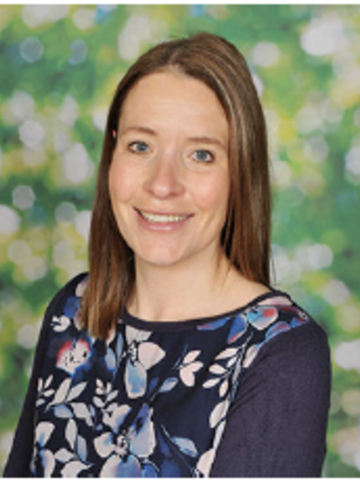
Mrs C. Elstone
Class Teacher
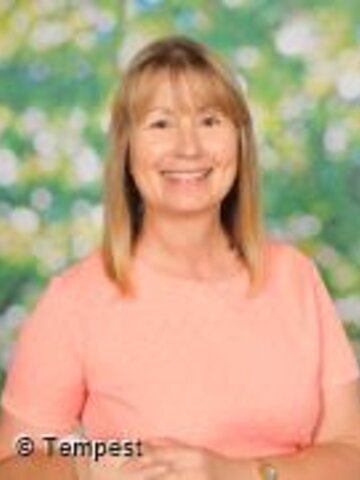
Mrs Rae
Higher Level Teaching Assistant
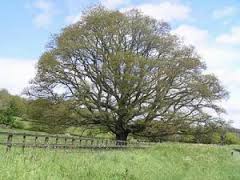 Welcome to Hazel Class
Welcome to Hazel Class
Hazel class is taught by Mrs. Tobin. The children are also taught music by Mr McKenzie and Spanish by Senora Cerdera.
There is a lot to look forward to during this final year in Primary School and it is truly a year never to be forgotten!
Year Six is such an exciting year and, as the year goes on, there will be lots of photos showing what we have been up to! Please look at our blog to see what is happening.
Year 6 Hazel
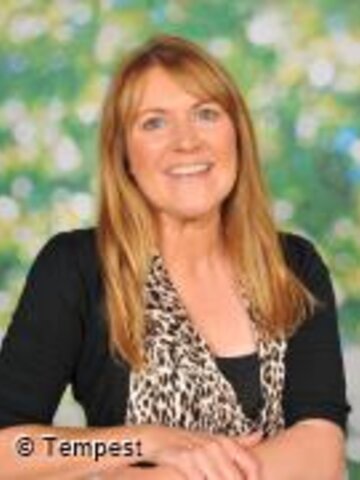
Mrs E. Tobin
Year 6 Teacher
.jpg)
Mrs Kirkham
Teaching Assistant
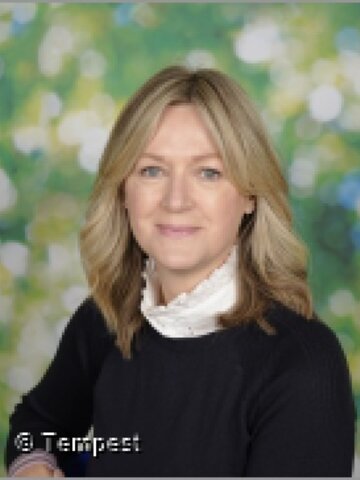
Mrs Healy
Teaching Assistant
Please see the curriculum map below which details the learning and experiences the children will have this year.
Year 6 Curriculum
CUSP Spelling Curriculum
The CUSP Spelling curriculum is organised into 2-week blocks, with each block covering a particular set of key concepts, including spelling patterns, etymology and morphology and reasoning about spelling.
Each block includes the study of key spelling concepts. We call them concepts and not rules because there are simply too many exceptions to any pattern for it to be a rule. The curriculum is not built around the rote memorisation of spelling ‘rules’; instead, the focus is building on what pupils have learnt about the alphabetic code through Phonics lessons and teaching them to seek patterns and reason about how to spell new or unfamiliar words.
The spelling concepts included in CUSP Spelling are much further reaching than the National Curriculum programme of study for Spelling. The statutory concepts are included in the long-term sequence but these are paired with the study of etymology and morphology, a focus on common misconceptions, learning about self-correction and reasoning about spelling attempts. This ensures that pupils become competent spellers and that they develop the independence to identify and correct errors in their independent writing. Each concept is taught, revisited and consolidated throughout the curriculum so that pupils master this learning and commit it to the long-term memory.
Common Exception Words
Common exception words are words that do not follow standard phonetic rules in English, making them tricky for young readers and writers.
These words often contain unusual letter combinations or do not conform to the phonetic patterns that children learn in early education. Mastering these words is crucial for developing reading fluency and comprehension, as they form the foundation of many sentences and texts.
Please support your child in learning to read and spell these words by the end of Year 6.
Reading
Children are expected to read daily. Planners will be checked for a signature to confirm this on a Friday. There should be at least two signatures by Friday.
Maths
Homework will be given on a weekly basis. Usually given on a Friday due back in on the following Friday.
Here are some websites where you can practise your times tables skills:
English
May be given over a couple of weeks as a project or on a weekly basis. Details can be found in your planner.
Spellings
Words will be sent home on a Friday and checked the following Friday.
The Year 6 SATs are to assess your child’s understanding of Maths and English against the National Curriculum learning objectives from Key Stage Two (Year Three to Year Six).
These will take place the week beginning May 11th 2026.
What is assessed?
English
Reading
The reading test is a single paper with questions based on three passages of texts. Your child will have one hour, including reading time, to complete the test.
SPaG Test
The grammar, punctuation and spelling test consists of two parts: a grammar and punctuation paper requiring short answers, lasting 45 minutes; and an aural spelling test of 20 words, lasting around 15 minutes.
Writing
Teacher assessed using a range of writing throughout the year.
Maths
The children will sit three papers in maths:
Paper 1: Arithmetic, 30 minutes
Papers 2 and 3: Reasoning, 40 minutes per paper
Paper 1 will consist of fixed response questions, where children have to give correct answer to calculations. Papers 2 and 3 will involve a number of question types, including: multiple choice; true or false; and reasoning and explaining.
Results
You will be given your child’s raw score (the actual number of marks they get), alongside their scaled score and whether they have reached the expected standard set by the Department for Education.
The expected standard for each test, is a scaled score of 100 or more.
Key Stage 2 SATs: Information for parents
.png)
.jpg)
